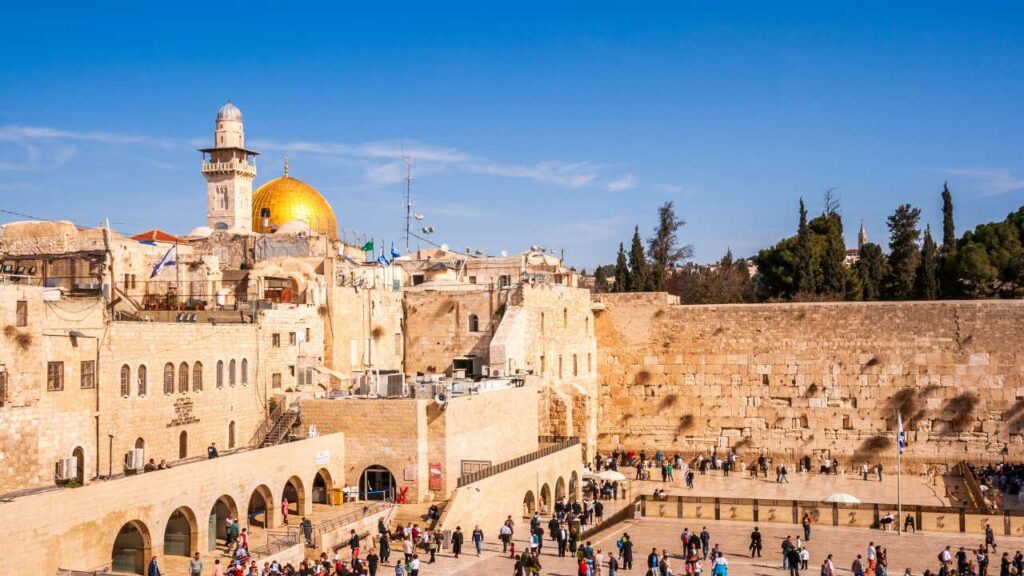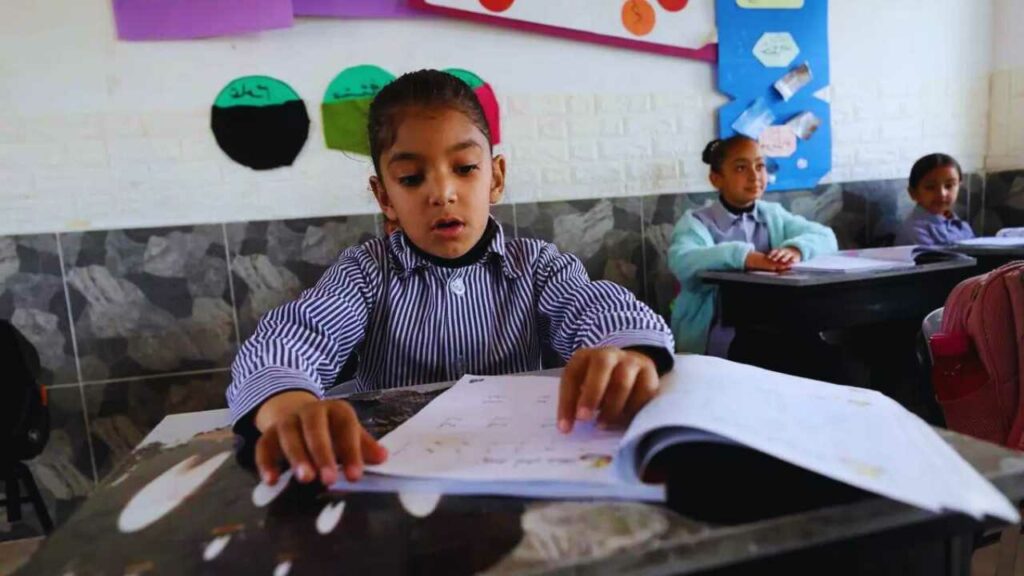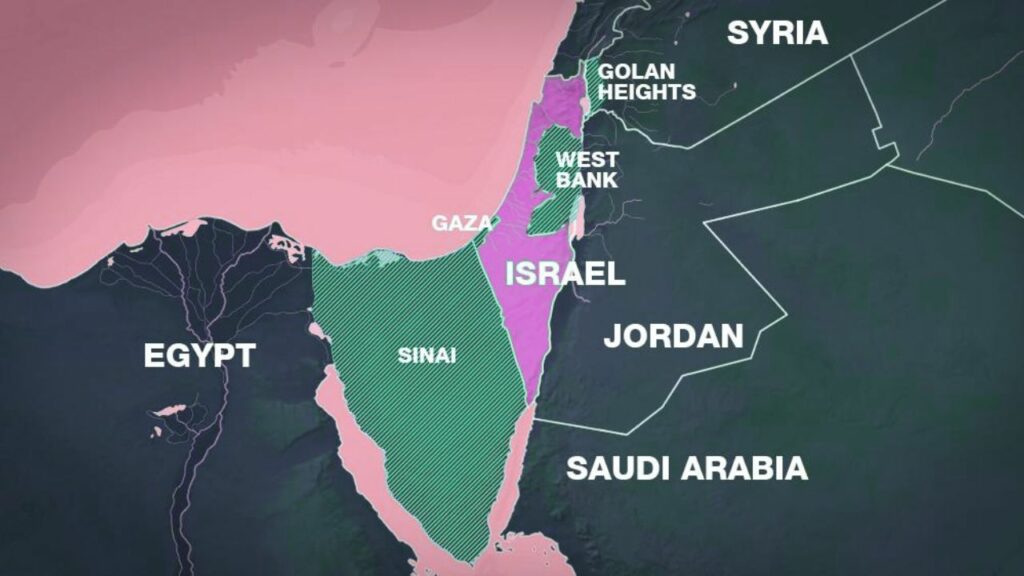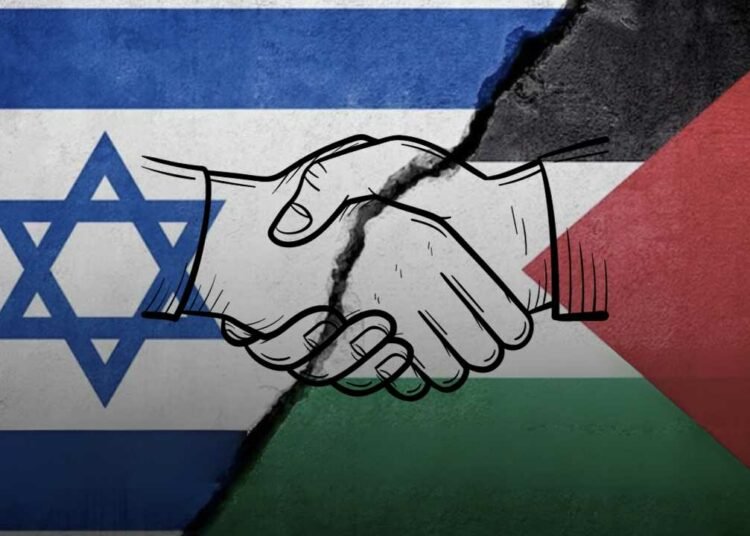The Israel-Palestine conflict, with its deep-rooted historical, political, and religious complexities, has been one of the most protracted and contentious issues in modern history. Achieving a lasting peace requires a multifaceted approach that addresses the core grievances of both sides. Here are some potential steps that could pave the way for a sustainable resolution:
Two-State Solution:
The idea of establishing two separate states for Israelis and Palestinians has been the cornerstone of peace negotiations for decades. This would involve recognizing the state of Israel and a sovereign Palestinian state existing side by side in peace.
Jerusalem as a Shared Capital:

Given the religious significance of Jerusalem to both Jews and Muslims, a potential solution could involve recognizing it as the capital of both Israel and Palestine, with special administrative arrangements to ensure freedom of worship and access to holy sites.
Right of Return and Compensation:
Addressing the Palestinian refugees’ right of return is crucial. While it may be challenging to allow all refugees to return to their original homes, a combination of compensation, resettlement in a future Palestinian state, and limited return to Israel could be explored.
Security Assurances:

Israel’s security concerns, given the history of attacks, need to be addressed. This could involve demilitarizing the Palestinian state, international peacekeeping forces, and mutual defense pacts.
Economic Cooperation:
Economic interdependence can be a significant peace driver. Joint economic zones, shared resources management (like water), and trade agreements can foster cooperation and mutual benefits.
Settlements:

The issue of Israeli settlements in the West Bank is contentious. A potential solution could involve land swaps, where Israel annexes major settlement blocs in exchange for giving Palestine other territories in return.
Education and Cultural Exchange:

Promoting understanding and empathy between Israelis and Palestinians is crucial. This can be achieved through joint educational programs, cultural exchanges, and initiatives that highlight shared histories and values.
International Mediation:
Neutral international mediators, such as the United Nations, European Union, or other third-party countries, can play a pivotal role in facilitating dialogue and negotiations.
Regional Involvement:

Neighbouring countries, especially those like Egypt and Jordan, which have peace treaties with Israel, can play a constructive role in mediating and ensuring regional stability.
Civil Society Engagement:
Grassroots movements and civil society organizations can play a significant role in peacebuilding. Encouraging dialogue and cooperation at the community level can foster trust and understanding.
Addressing Historical Grievances:
Recognizing and addressing past injustices, possibly through truth and reconciliation commissions, can help both sides move forward.
Continuous Dialogue:
Even after a peace agreement, continuous dialogue is essential to address emerging issues and prevent the resurgence of hostilities.
In conclusion, achieving lasting peace between Israel and Palestine requires a holistic approach that addresses the multifaceted complexities of the conflict. While the road to peace is challenging, with mutual respect, understanding, and the international community’s support, a sustainable resolution is attainable.










I suppose killing innocent people at a party isn’t a collective punishment or taking hostages and raping women in front of their children isn’t collective punishment in your eyes then. So what the hell is ???
There is no justification for killing innocent people whether they are from Israel or Gaza. One wrong does not justify another.
Hamas killed innocent people it is wrong, now israel is killing innocent people it is wrong too.